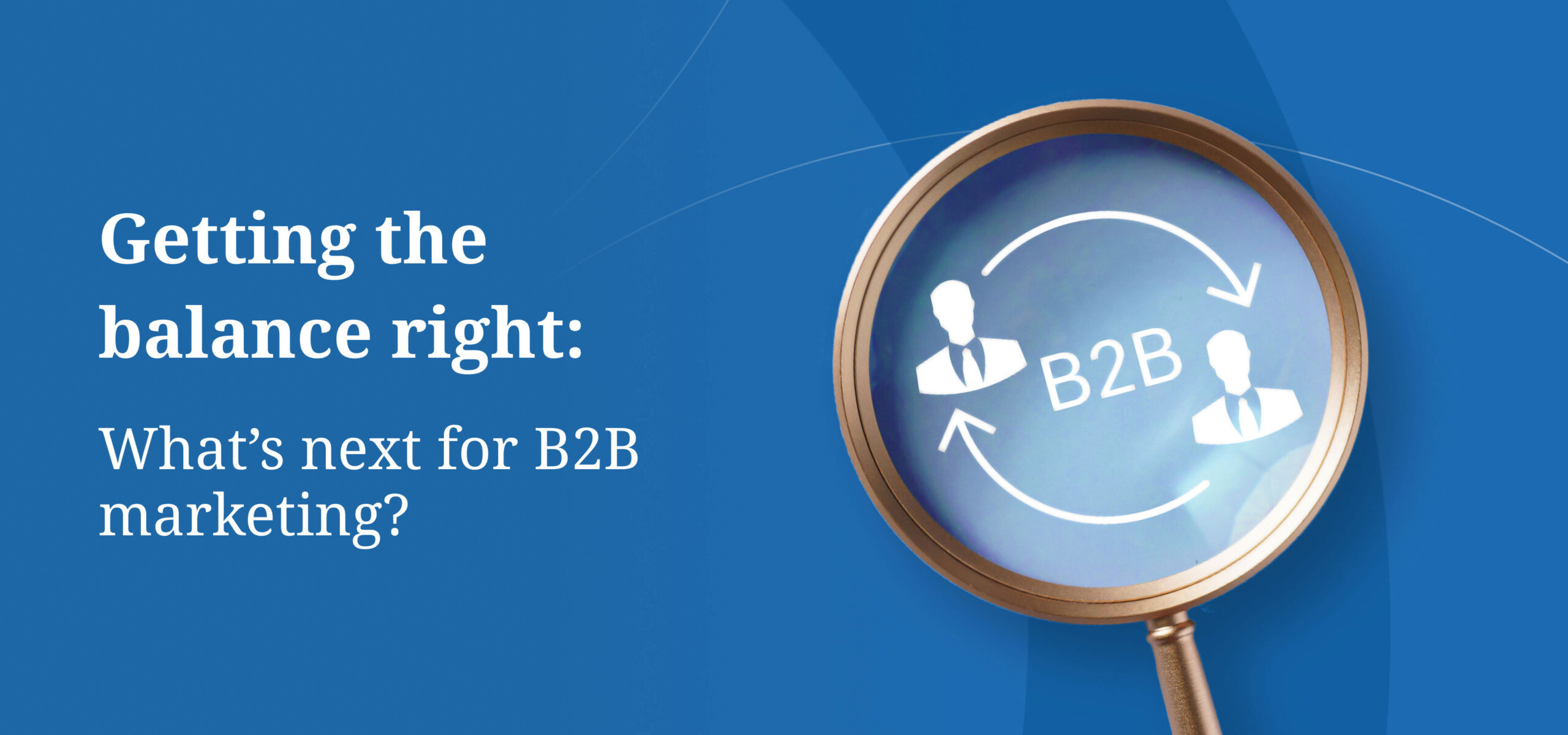Over the last 18 months, like most industries, the marketing, media and communications sectors have been turned upside down with the proliferation of Generative Artificial Intelligence (AI). Undoubtedly, AI has revolutionised the landscape of content creation, offering unprecedented capabilities that extend far beyond traditional methods. AI technologies enable the generation of content at a scale and speed that human creators cannot match, profoundly impacting industries from marketing to news media.
According to recent studies by HubSpot, AI tools enhance productivity and drive innovation, sparking new ideas and approaches in content creation. Yet, marketers face notable challenges as businesses embrace AI to generate content quickly and at scale. The ease of producing vast quantities of content can result in a deluge of low-value, repetitive material. Often, AI-generated content can be spotted a mile away, lacking tone, personality, and clarity.
This flood of content diminishes user experiences and strains resources on platforms like search engines tasked with sifting through immense volumes of generated content to locate genuinely valuable material.
As businesses continue to turn to AI for faster and more efficient content generation, they must also focus on maintaining quality and authenticity. Here, we explore the nuances of AI-driven content creation- the opportunities and challenges for businesses from an inbound marketing perspective.
Benefits of AI in content production
Integrating AI into content production can bring remarkable benefits in terms of efficiency, scalability, and innovation. It can fundamentally transform how content is generated across various platforms for your business. Let’s explore these benefits further.
Efficiency
AI enhances content production efficiency by automating routine tasks and processes, allowing internal content teams to focus on more complex and creative aspects of content development for inbound marketing strategies. For example, AI-powered tools can automatically generate SEO-friendly metadata or suggest content improvements based on user engagement analytics.
Scalability
AI enables content producers to scale their operations without a corresponding increase in human resources. Tools like those analysed in the “2024 State of Marketing” report by HubSpot and CXDstudio show that businesses leverage AI to simultaneously produce content across multiple channels, ensuring consistent messaging at scale.
Innovation
According to the “Semrush AI Content Trends” report, AI tools generate dynamic content like video scripts and interactive web experiences that adapt to real-time user interactions.
Challenges and potential misuse of AI-generated content
The rise of AI in content production does not come without challenges for businesses and readers alike. Let’s unpack that some more.
Information overload and quality dilution
AI’s remarkable efficiency in generating extensive content can inadvertently contribute to an overwhelming influx of information and a lack of quality, narrative, and personality. This content overload poses a challenge for readers navigating through a sea of content to uncover valuable and reliable information, potentially leading to information fatigue.
Compromised content authenticity and depth
AI-generated articles often need more authenticity, which comes from human experience and emotional depth. This leads to content that may seem superficial or disconnected from real-world nuances and realities. This can undermine trust and reduce the engagement of customers and readers who seek insights, useful information, and personal connection in the content they consume.
Impact on reader trust and content value
The misuse of AI in generating clickbait or misleading content to game search engine algorithms can erode reader trust. When users frequently encounter low-quality content, their overall perception of your website could be better, reducing their engagement and trust in your brand.
Google’s stance and guidelines on AI-generated content
Google’s guidelines and approaches to AI-generated content remain crucial for websites aiming to succeed in search rankings.
Google has clarified that AI-generated content is not inherently penalised in search rankings if it adheres to the same criteria expected of any content: originality, usefulness, and adherence to the principles of expertise, authoritativeness, and trustworthiness (E-E-A-T). Google’s ranking system rewards content with originality and quality, principles encapsulated in the E-E-A-T framework.
This framework applies equally to content created by humans and AI. The focus remains steadfast on the content’s ability to provide value and utility to the reader rather than on the technology used to create it. However, the challenge lies in ensuring that AI-generated content can meet these standards.
Moving forward with AI in content creation
The advice is clear for businesses. As content marketers continue to harness AI in various facets of digital content production, the emphasis must remain on enhancing the effectiveness and reach of content while adhering to ethical practices.
AI technologies are praised for their ability to assist in creating straightforward and factual informative content like weather reports, financial summaries, and more. However, Google strongly advises against using AI to manipulate search rankings. AI should aim to enrich the user’s experience and provide genuine value, aligning with Google’s broader goal of making information universally accessible and helpful.
In conclusion, AI’s transformative potential in content creation opens new avenues for inbound marketers to enhance efficiency and innovation. However, businesses must still engage a human element in content creation when integrating AI tools within inbound marketing strategies.
Ensuring that content is appropriately vetted, reviewed, and written with personalisation in mind is critical. Marketers must amplify content quality, engagement, and relevance, aligning with Google’s guidelines while delivering genuine value to audiences.
As experts in quality content creation and thought leadership development, we are transparent and cautious in our approach to AI-generated content. Contact us to discuss how to achieve your inbound marketing goals in the age of AI.





